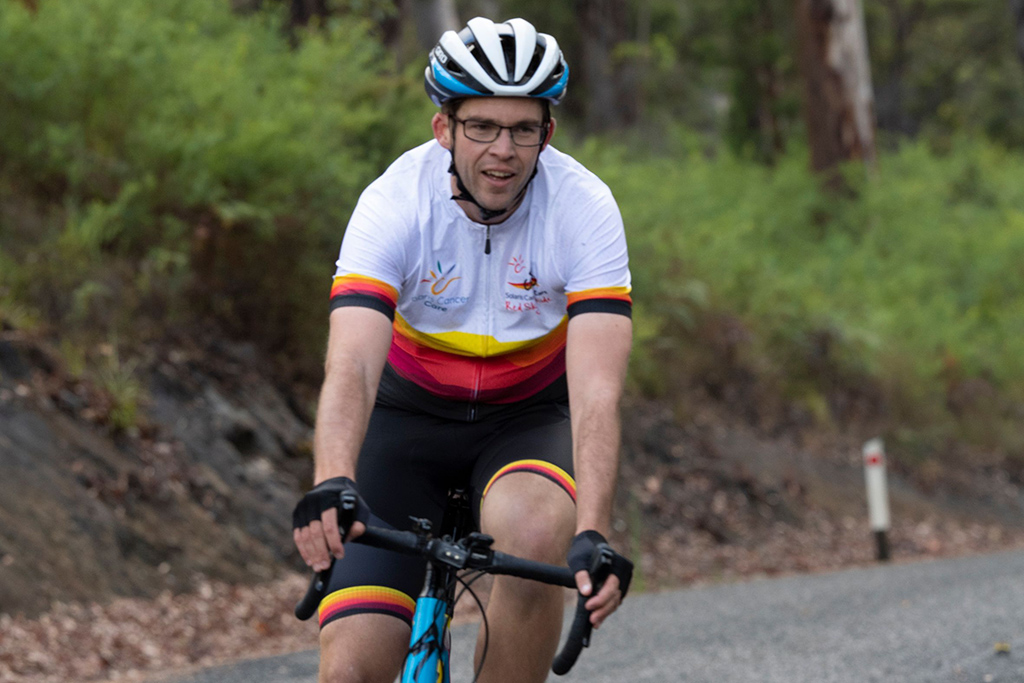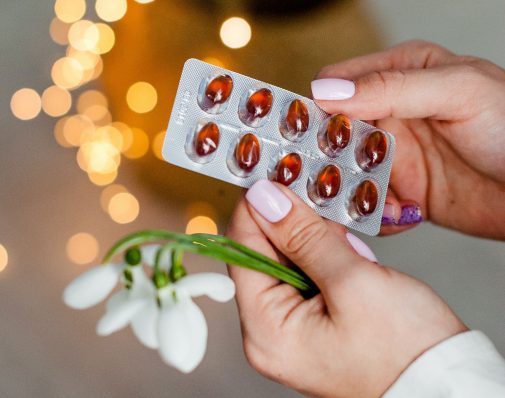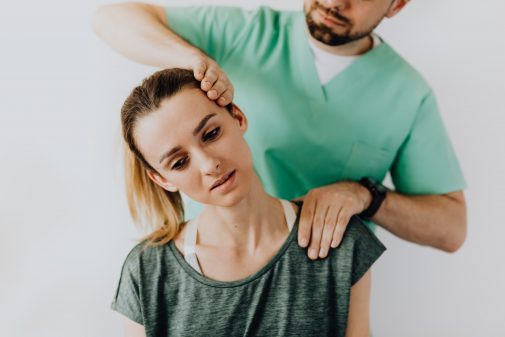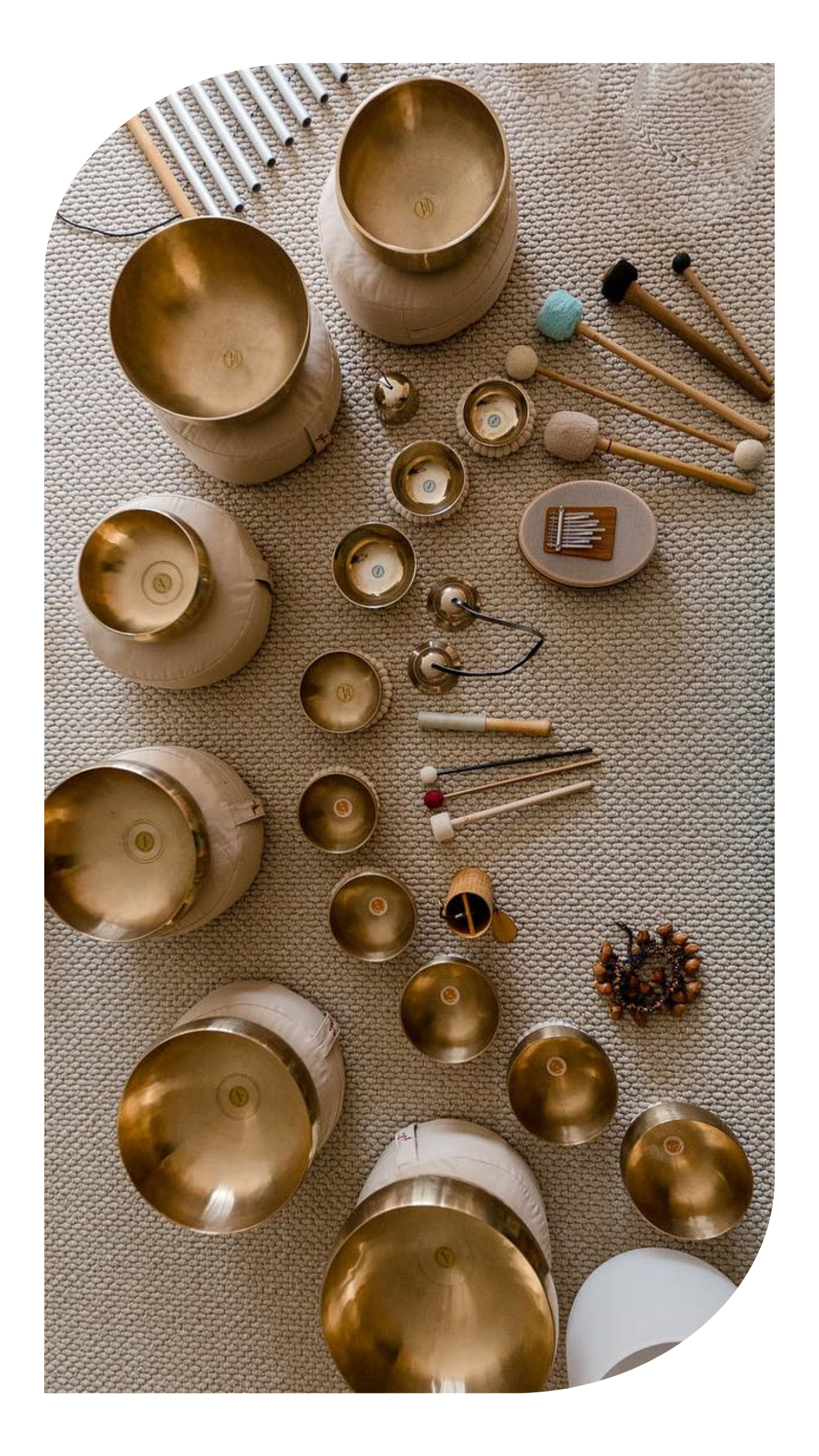When you’re stuck in isolation in a hospital room for six weeks with no immune system and nothing but an exercise bike for company there is only one thing you can do: ride.
During his treatment for Myelodysplastic Syndrome (MDS), this is exactly what Kane Blackburn did.
MDS occurs when the genes that control blood cell development mutate and do not allow blood cells in the bone marrow to mature.
It was in 2015 that Kane received the phone call that changed his life.
He had recently visited his GP because he wasn’t feeling well, and a blood test had returned disturbing results.
In the call, Kane’s doctor told him to go to an emergency department and be admitted to hospital.
“First, it looked like a failed thyroid, which would mean medication for life. Not good, but manageable,” Kane said.
“Then things progressed, and I became a patient of the haematology department. Again I thought, ‘OK, not good, but treatment and recovery will be a few months’.”
It took a total of nine months for Kane to be diagnosed with MDS.
“It felt like an eternity,” he said.
“You go into the process thinking you’ll start the treatment and be out of there in three months.
“It took me a while to get my head around the reality that this is not a quick three-month process.
“That’s where things start to break down: you can’t perform at work; your relationships get strained. There’s also the idea that you’re 27 and you can’t work.
“These are all things that are linked to your identity, so you start to lose your identity a bit.”
It was during his consultations with haematologist Dr David Joske that Kane heard about cancer support service Solaris Cancer Care.
Dr Joske established Solaris in 2001 to provide complementary therapies and extra support to cancer patients.
“Luckily, I was only ill for a year before I started treatment, which is relatively short and meant I didn’t need many of the services Solaris provides, but lot of people battle these diseases going into the decades,” Kane said.
Kane was given the all clear in 2017 after extensive treatment at the haematology department at Fiona Stanley Hospital which included a stem cell transplant.
“They basically gave me a new immune system,” he said.
“The treatment went successfully, and although there’s a lingering risk of it reoccurring, it’s all as positive as it could be.”
Although cycling started as a form of recovery for Kane, it quickly progressed into a hobby and then a passion.
“The typical recovery period after treatment is two years,” he said.
“It was a bit of a journey, and cycling was a good entry-level exercise to start rebuilding the body.
“With my disease, it was a lack of red blood cells which leads to a lack of oxygen. You become quite slow and not very active. It also affects your mental capacity; you can’t think clearly.
“I couldn’t even walk down the end of the street.
“That is where a moment of connection with cycling came to me. There was an amazing sense of freedom just jumping on a bike.
“Cycling for me is definitely associated with that feeling of freedom.”
When Kane heard about the Red Sky Ride after completing his treatment, he leapt at the chance to repay Dr Joske and assist Solaris.
“Coming from a patient’s point of view, you go through a couple of years of being tied to the health system, and when you come out of it all of the sudden you just get on with life,” he said.
“It’s always good to be able to give back, and this ride has been a good way to give back even just a tiny bit.”
Kane said the beauty of Solaris is the extension of support beyond the patient.
“My family were super important throughout my treatment,” he said.
“I think it’s sort of harder on them than it is the patient. When they think they can’t help you it drains on them, upsets them. I think being the support is tougher.
“Solaris understands it’s quite a holistic thing; that your support network is just as important.”
Getting to the point of being able to participate in the Red Sky Ride didn’t come easy to Kane.
“When I was isolated in my room, I was tasked to get on the bike every day; 30 minutes, 10 minutes; whatever I could manage.
“Most days I was too ill to do any time.”
Dr Joske encourages cancer survivors to participate in a mixed program of cardio and resistance training to restore muscle mass, however, warns that too much exertion can be damaging.
“Cancer treatments can lead to muscle loss and this can contribute to a sense of fatigue once cancer’s finished,” he said.
“Learn to be patient with yourself. There may be occasional bad days as the level of exercise increases.
“To ride for more than 100km, the muscles have to be conditioned into long-distance endurance ‘monsters’ and this can only occur with regular training.”
Kane reflected on how far he has come since starting his cycling journey.
“I think my first proper ride back on the bike was about 800m, and from there my first huge milestone was riding 40km, although it took me two days to recover from that,” he said.
In March 2021, Kane will ride 600km over four days to support those on their cancer journeys in the Solaris Cancer Care Red Sky Ride.
Dr Joske said Kane’s cancer journey is inspiring.
“Seeing Kane progress from his treatment to recovery to cycling these elite-level rides is a true success story,” he said.
“Now seeing Kane giving back to others going through a similar journey has been incredibly touching.
“This is what Solaris Cancer Care is all about: supporting those going through the toughest time of the lives.”
Kane said the toughest part about participating in the Red Sky Ride was putting the time in for training.
“People are committing their weekends in training and volunteering,” he said.
“All these people are in pain. During the Red Sky Ride, they get off the bike after eight hours of cycling and they’re hurting, but it’s only a small window into what other cancer patients face on a regular basis.
“You don’t see any of the riders complaining out there, that’s for sure.”
This camaraderie and meaning behind the Red Sky Ride are Kane’s favourite parts about participating.
“I can imagine all these people going through treatment seeing these people out there doing something like that for them,” he said.
“It’s inspiring.”
You can donate to Kane’s cause here: http://www.redskyride.org.au/users/kane-blackburn






